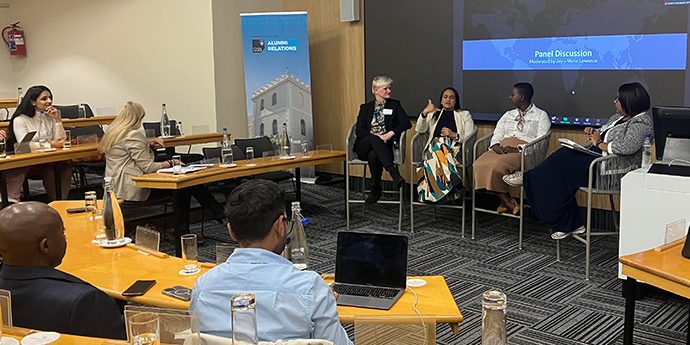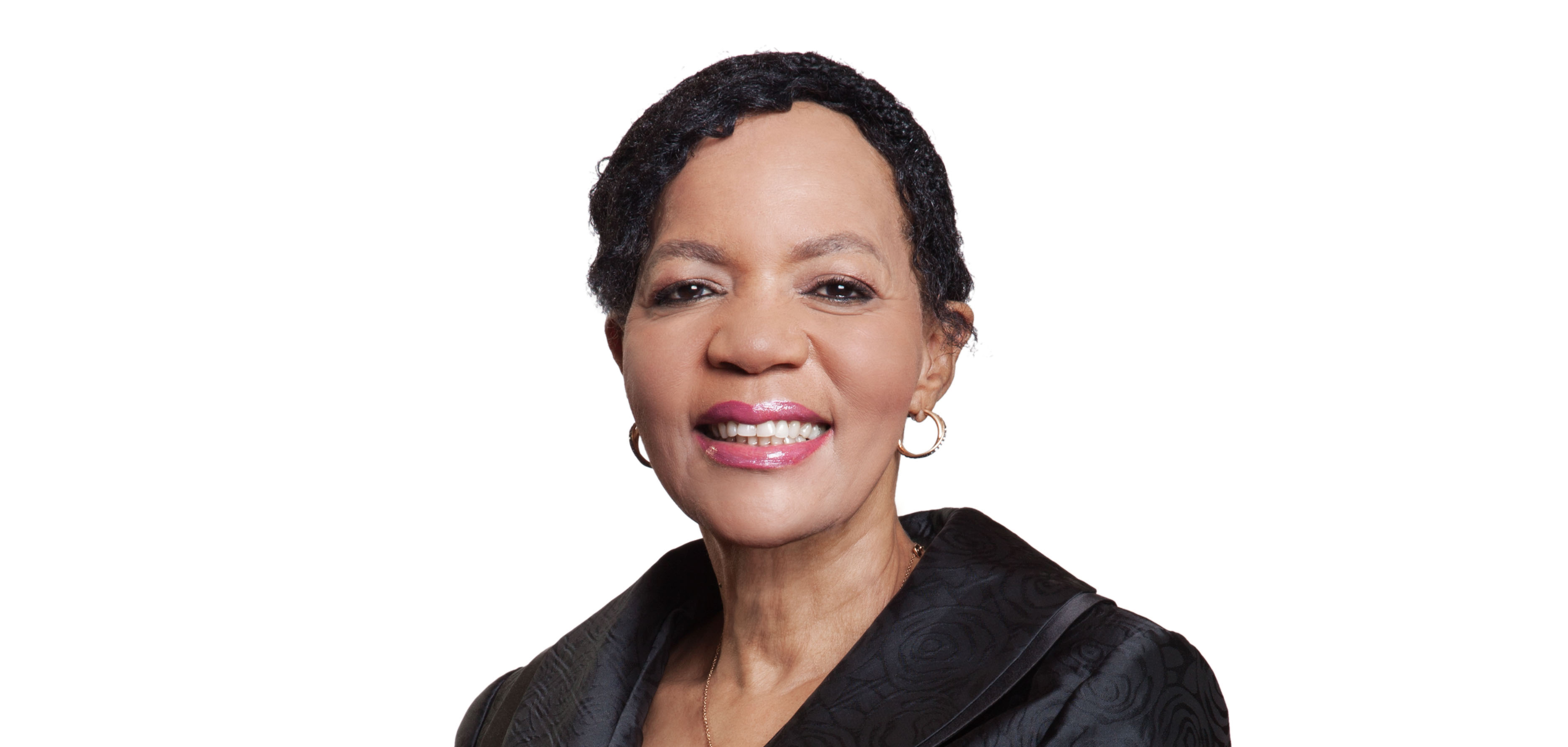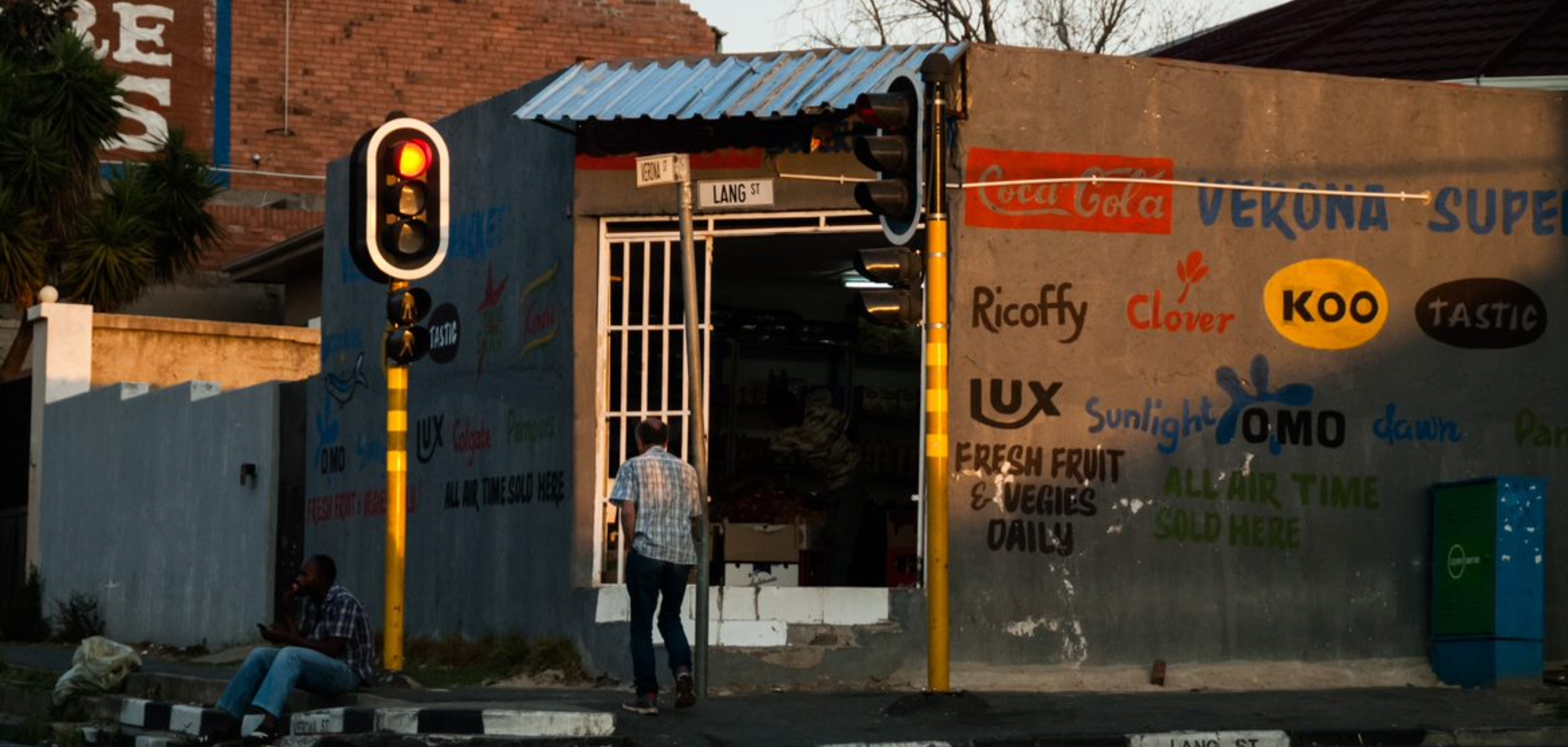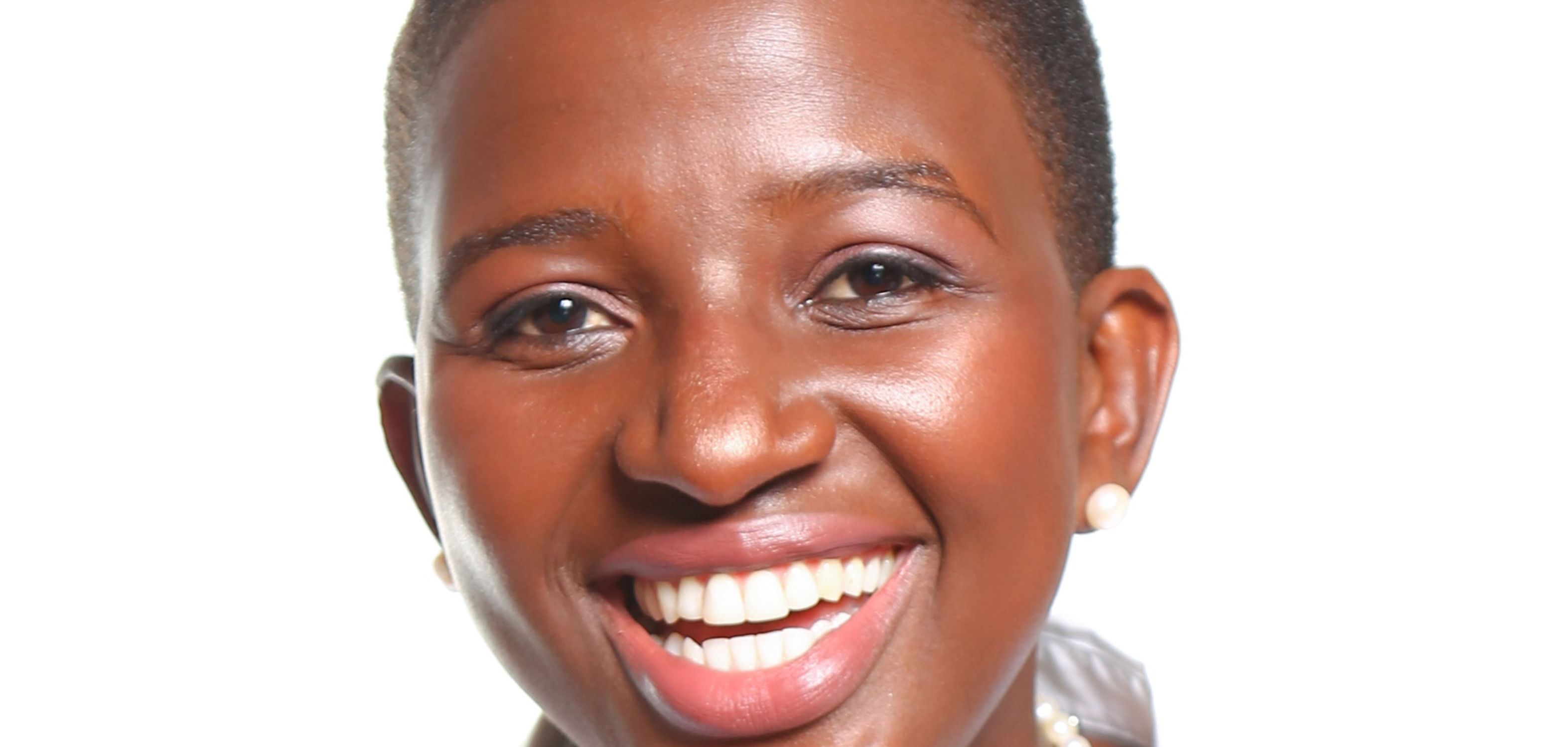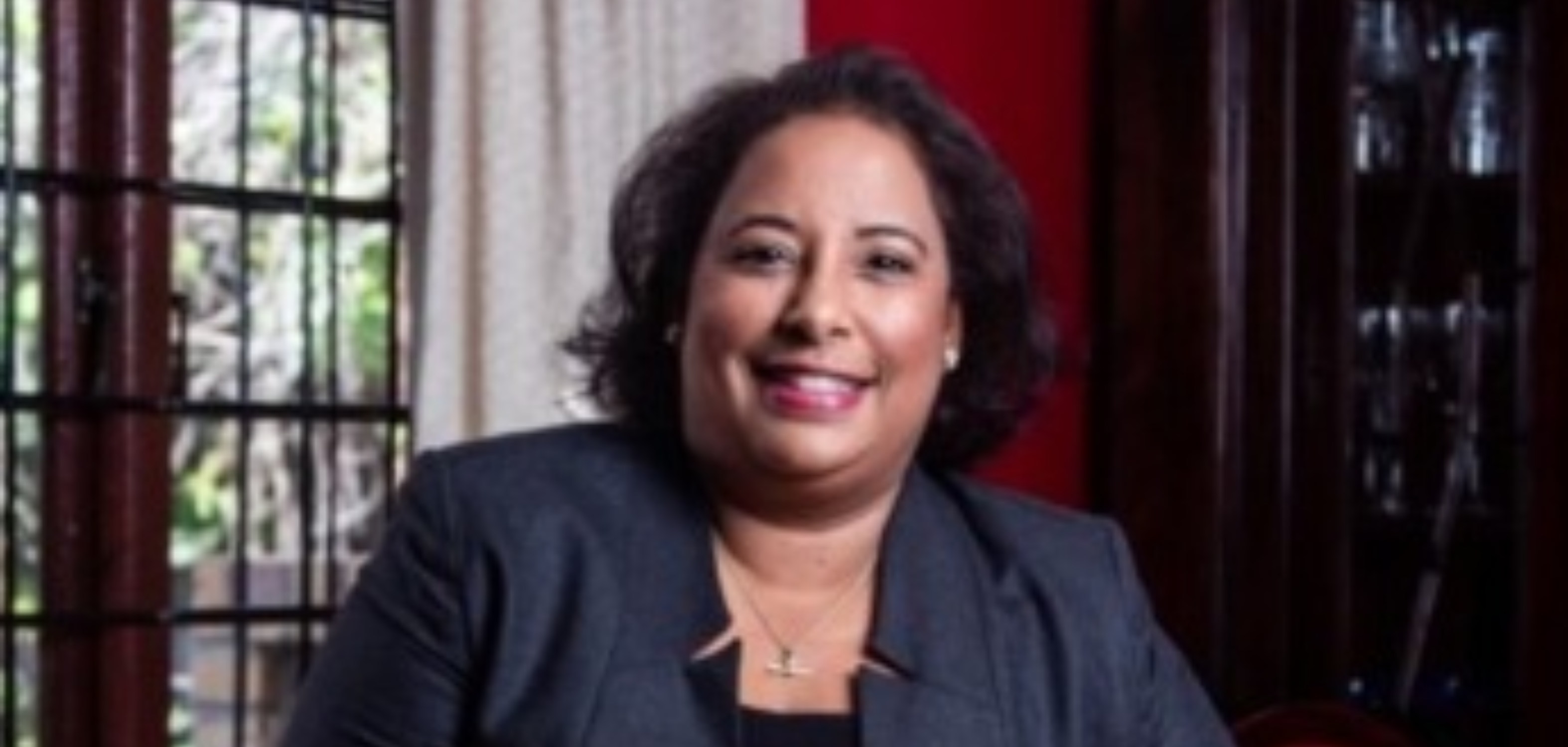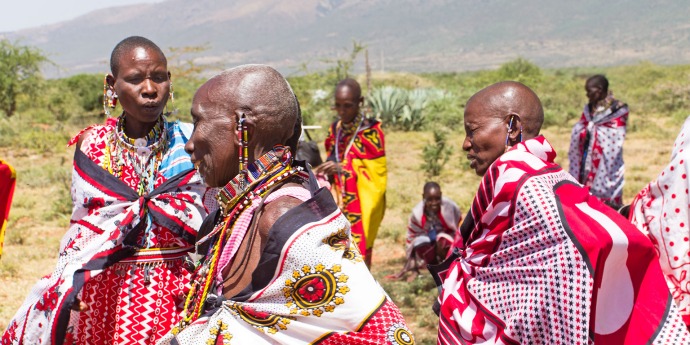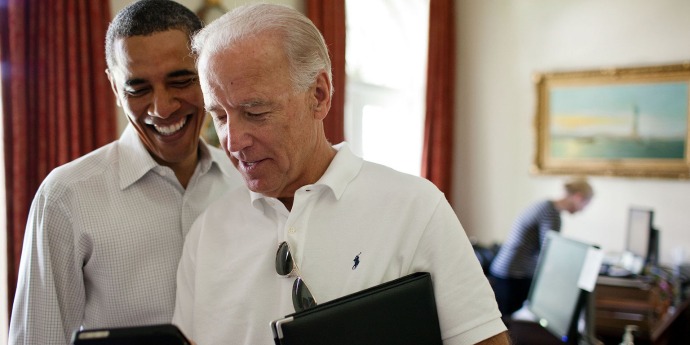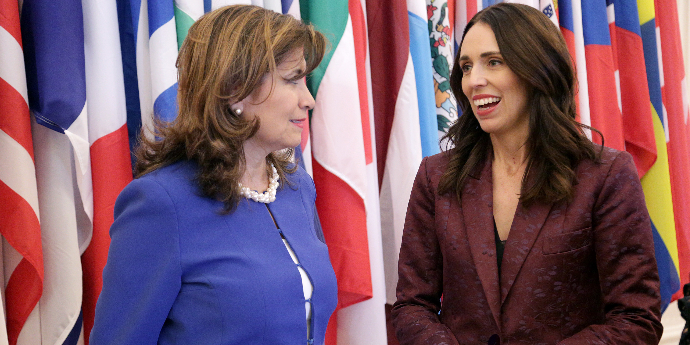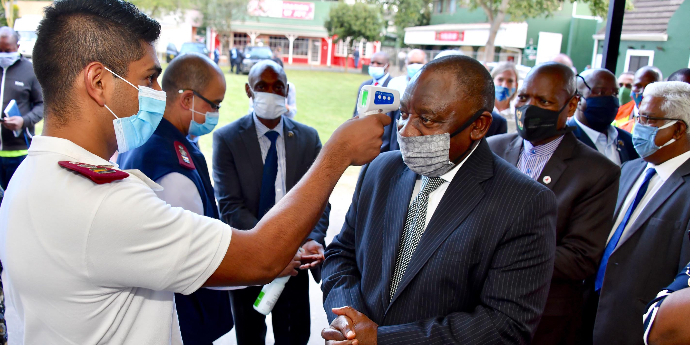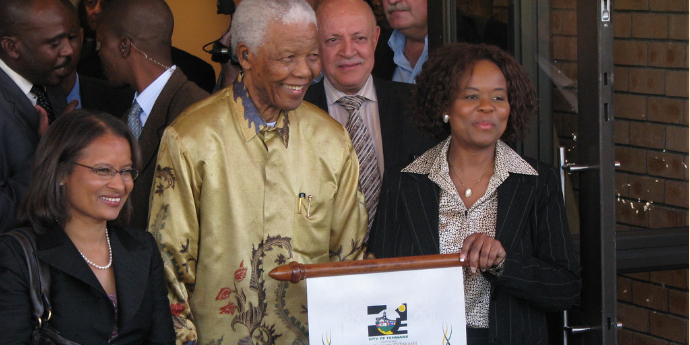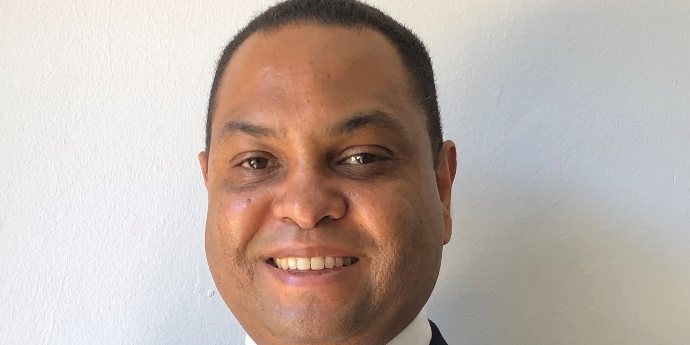UCT GSB Director, Dr Catherine Duggan, shares her thoughts on the future of business education and how to prepare students for an increasingly complex world.
What are the biggest challenges facing international business schools?
I think the main challenge that should keep all of us up at night is how to prepare our students for the increasingly complex world in which they’ll spend their careers. Our MBAs will be more global and manage more things—often at the same time—than previous generations. To take global supply chains as an example, our students need to understand not just logistics, but macroeconomic volatility, politics and regulation across many different markets, a host of environmental and sustainability issues, and often things like international investment law. Moreover, we need to teach our students how all of it fits together—how interest rates and financial markets in the United States affect things like shale fracking, and how the related shifts in oil prices affect the supply chain for cobalt (a critical input to lithium batteries) coming out of the Democratic Republic of Congo, which has the biggest cobalt reserves in the world. I think that’s a critical challenge for business schools: how do we teach our students to recognize and navigate these incredibly complex global systems?
The flip-side of that challenge is a real opportunity: business schools have a unique opportunity to hold what I think of as an “analytical mirror” to firms, to help them see and understand what they—and what others—are doing in structured, rigorous ways. I think that is one of the most important things that management education did in the last century, and I think there is a huge opportunity for business educators to do that now, with a different set of issues and a broad, complex global market. In my experience even the best managers often don’t take a high-level view of what they are doing or use approaches that are systematic while being innovative and flexible. That’s an area where business schools and, ultimately, our students, can really make an impact. But we ourselves have to have a very multi-disciplinary sense of how things fit together. There’s been a lot of development on that front in the past 10-15 years, but I think we still have a lot of room to improve.
Is the business education sector, as a whole, responding quickly enough to global disruption and Education 4.0?
Last year I would have said no to this question, but I think there’s been an incredible amount of movement in the past few months as a result of the COVID-19 pandemic. So many faculty who were once sceptical about online teaching are seeing the opportunities of the medium, and I think this enormous, collective experiment in online teaching and remote working has created an explosion of excitement and creativity in what was once considered a bit of a niche area of business education. I’ve spent years thinking not only about how to teach well online, but also how to build community among students scattered across countries and time zones in Africa—with some working while on oil rigs, in rural conservation areas, or in active conflict zones—so this sudden explosion of interest in online instruction is really exhilarating for me. I’m excited to share what I’ve learned and the extraordinary opportunities for online teaching to reach new groups of students in distinctive, imaginative ways.
I think pandemic-related challenges have also created fascinating new opportunities for research and collaboration. I’m particularly interested in contributions by researchers from the Global South and from institutions that have comparatively fewer resources than many schools in wealthier countries. Scholars in Africa and elsewhere are doing such interesting and important research, but travel and other costs have often made it difficult to establish the kinds of links that facilitate collaboration, mentorship, and a global perspective and platform. I’m looking forward to thinking about the ways that our new comfort with remote working, conferences, and other collaboration might be able to encourage more diversity among authors in the most influential journals and more globally oriented scholarship.
Do you feel optimistic about the future of business, Business Schools, and the economy?
Yes, I do. One thing about working on a continent where there is and has been so much hardship is that there is often also a lot of optimism that the future will be better. Not always and not everywhere, of course, but much more than I see in the West. Across so much of the US and Europe people seem to feel, right now, as though the best years have come and gone. Populations are aging, new uncertainties and risks feel like they are popping up every day, and I think a lot of people just can’t really imagine what a better future might look like—or, certainly, how we might get there. It feels a bit cataclysmic. Whereas in Africa it is easy to imagine how things might get better, in both small and large ways, and people have learned how to manage risk and uncertainty. So there’s often a kind of confidence about it: yes, things are bad now, but we’ve gotten through bad things before and we’ll get through them again. Again, that is not always the case, but that sense of optimism—and the ability to laugh in the face of challenge—is one of my favourite things about the continent, and one of my greatest lessons from it.
So, then, how do we imagine and create a better future? That is where business, business schools, and business students come in. We’re talking about how to develop many more of the leaders Africa—and the world—needs. What really sets rising leaders apart are things like broad perspective, critical-thinking skills, an ability to work in, manage, and inspire excellence from diverse teams, a capacity to analyse challenges and find innovative solutions, and an ability to communicate effectively in different contexts. All of those things require judgement, empathy, an awareness of situations, and the tools to be effective in a number of environments. I think we move forward by incorporating the innovation, resilience, flexibility, and adaptability that comes from living and working in Africa and other parts of the developing world. And the idea of generations of MBAs and business leaders who have really internalised both of those approaches and use them to think holistically about leadership, sustainability, and the impact that they can have on business and society, fills me with optimism and hope.
The above is an excerpt of an interview with Ambition magazine. Read the full interview here.



